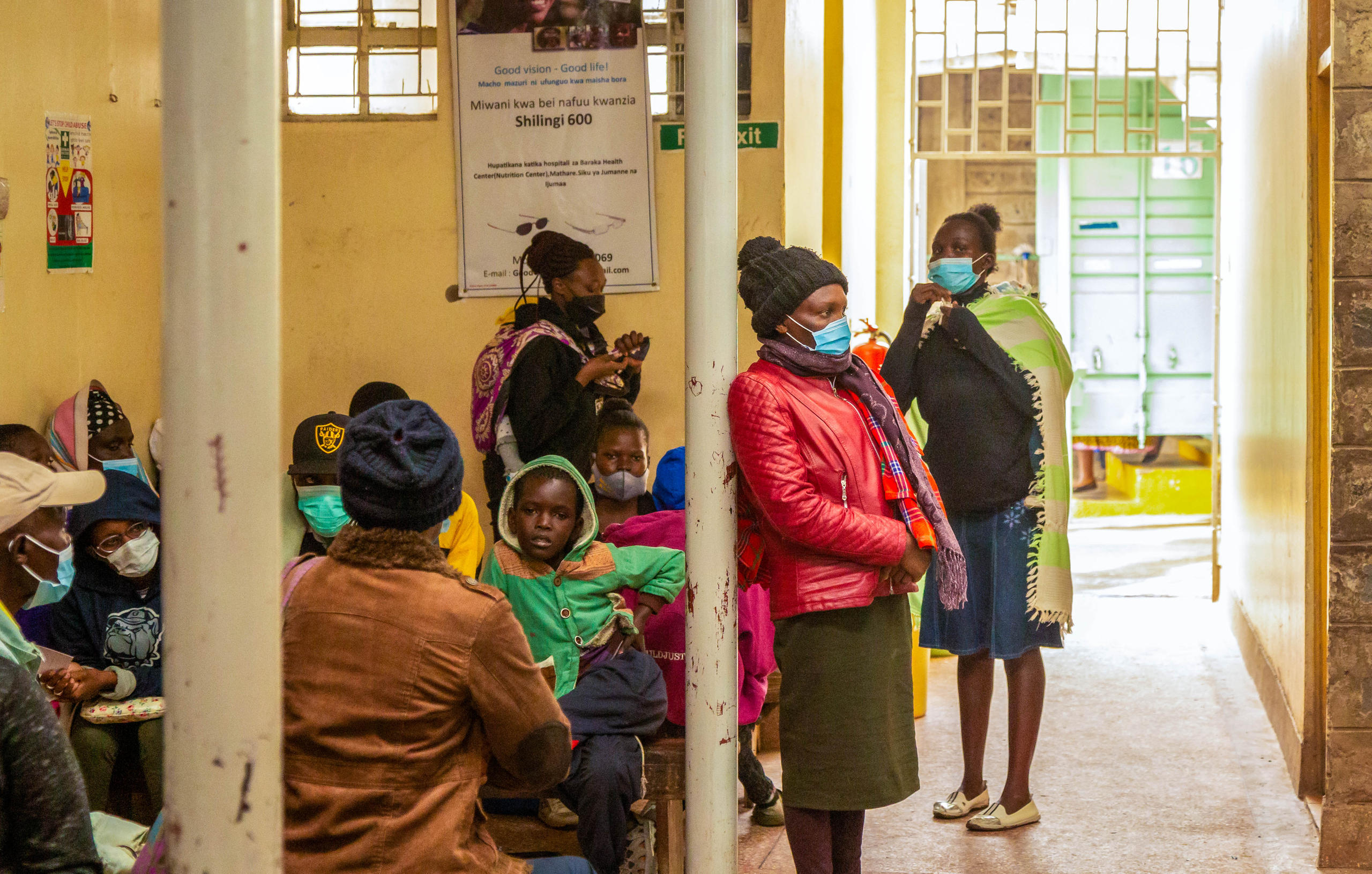
Switzerland Today
Hello from Bern,
It’s “future day” here in Switzerland, which means middle-school age kids are running the show around here. They can even be seen wandering the halls of the federal government, getting a taste of political life. In other news, there are two women (not middle-schoolers) who are contemplating their own political future after the resignation of two members of the Federal Council.

In the News: medical breakthroughs, science superpowers, and defending against climate criticism.
- A study by Lausanne-based scientists found that targeted electrical stimulation to the injured area of the spine has allowed patients who were paralysed to regain some mobility. This therapy was not only effective in the nine patients, but that after rehabilitation, the improvement in motor skills persists even without further electrical stimulation. In the process, the scientists also developed a molecular atlas of the spinal cord that will help to be much more precise in the treatment.
- The UK and Switzerland signed an agreement to deepen ties between their respective research and innovation communities at a time when both countries are on the sidelines of the European Union’s major scientific research funding scheme, Horizon Europe. The agreement is expected to focus on topics ranging from quantum science to space and nuclear fusion.
- Switzerland’s top negotiator at the COP27 talks, Franz Perrez, defended the Alpine country’s climate policy after a New York Times article criticised the country for insufficiently ambitious climate goals. Unlike other countries, Switzerland “implements decisions taken”, he told the Le Temps newspaper.
- A Syrian woman who experienced a miscarriage while being deported by train to Italy in 2014 has been awarded CHF12,000 ($12,400) in damages by a Swiss court for the neglect she experienced during her transfer.

Evi versus Eva match-up for the Federal Council seat has become about more than politics.
The race is heating up for Swiss cabinet minister Simonetta Sommaruga’s seat on the Federal Council after she decided to step down to take care of her ailing husband. The final vote will take place in December but Swiss media are fully absorbed in the daily game of who’s in, who’s out.
Yesterday Flavia Wasserfallen was out, today Eva Herzog announced she’s officially in. This led the Tages-Anzeiger newspaper to use the headlineExternal link Evi against Eva, referring to Evi Allemann who announced her candidacyExternal link yesterday.
This match-up is becoming more than about policy stances, experience, and qualifications. It’s also become a question of their personal circumstances. Allemann would be the first woman in government with young children. And yes, there are plenty of male ministers who have young children. The German-language paper didn’t miss the chanceExternal link to ask Allemann how she would organise herself, noting that she is not dating her children’s father.
The paper said that they hoped the same question was asked of ministers like Alain Berset when he took up his cabinet position. But for some reason, I highly doubt it.

Qatar’s sportswashing offensive from Geneva uses diplomacy and money
In our big sportswashing feature, my colleague Paula Dupraz-Dobias gives the ins and outs of Qatar’s massive public relations campaign to secure the World Cup and create a positive sports story for itself. Geneva became a convenient location to launch its offensive.
What better place than a city buzzing with diplomats and only a short train ride from the biggest sports organisations in the world. Qatar didn’t just use clever diplomacy, it also used money and with it leverage in major agencies like the UN and the WHO. It also set up its own charitable organisations on sports-related matters. It also helped that Geneva, and Switzerland, don’t go poking around in people’s “private” business.
How much the country achieved is unclear. Scandals continue to emerge surrounding the awarding of the bid and the spying and hacking to keep critics at bay. There’s even a new Netflix documentary series about the whole ordeal. Who knows what the situation would be like if Qatar hadn’t mounted such a PR offensive?

A gene therapy for sickle cell disease is on its way. Will it reach Africa?
With all eyes focused on football and Qatar, it’s not easy to bring attention to other issues. For people with sickle cell disease, they’re used to fighting for attention. It’s one of the most common genetic disorders but been ignored for years, mainly because 70% of people with the disease are in Africa where there is little money going into medical cures.
This is changing though in large part because new technologies like CRISPR and genetic sequencing are presenting new possibilities. Novartis is one of the companies investing billions in new treatments for the disease.
But it could be decades before they reach the people that need them if they ever do. Doctors and patient advocates in Kenya told me that there’s so much work to do in building up newborn screening, basic healthcare, and fighting stigma around the disease. What’s the point of innovation if it doesn’t reach people? Check out the full series here.
More

In compliance with the JTI standards
More: SWI swissinfo.ch certified by the Journalism Trust Initiative









